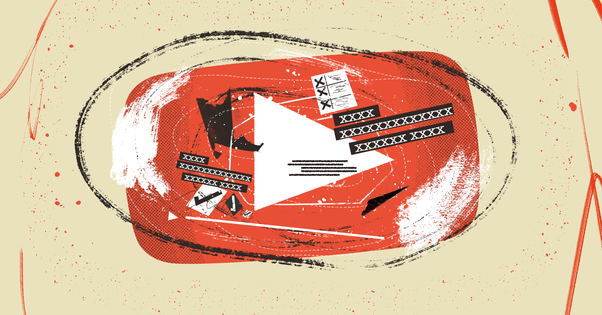New investigation into election disinformation ads in India reveals ineffective policy enforcement on YouTube
YouTube is approving election disinformation ads in India ahead of the country’s general election, a new joint investigation by Access Now and Global Witness has found.
Access Now and Global Witness’s new investigation, "Votes will not be counted": Indian election disinformation ads and YouTube, found that YouTube is approving ads purporting baseless allegations of electoral fraud, lies about voting procedures, and attacks on the integrity of the electoral process. The ads submitted as part of the investigation were withdrawn before publication to ensure they did not run on YouTube.
The 48 ads submitted to YouTube in three official Indian languages, English, Hindi, and Telugu contained content explicitly prohibited by YouTube’s elections misinformation policies. Despite YouTube’s policy to review ad content before it can run, the platform approved every single ad for publication.
“By failing to implement its own policies around disinformation, YouTube raises serious questions about its role in ensuring that the the upcoming Indian elections are free and fair,” said Namrata Maheshwari, Senior Policy Counsel at Access Now. “Heading into the crucial election year of 2024, tech platforms made tall promises about safeguarding electoral integrity, but the proof is in the pudding – YouTube greenlit all 48 ads violating its policies, submitted as part of our investigation.”
With 462 million people in India using YouTube, more than any other country on the globe, YouTube holds immense responsibility towards ensuring it is not used for voter suppression and disenfranchisement.
In 2024, more people than ever before will head to the polls globally. In this context, the role of social media platforms, including YouTube, in fighting misinformation is critical. YouTube has shown that it can detect and reject prohibited content when it wants to, in a similar investigation by Global Witness ahead of the 2022 US midterm elections. Yet in another investigation in Brazil in 2022 and now in India, the platform has failed to uphold its own standards, and accepted election-related ads that violated its own policies.
“YouTube has become a repeat offender when it comes to inconsistent application of its advertisement and content policies,” said Henry Peck, Campaigner, Digital Threats at Global Witness. “What YouTube seems to be lacking is not suitable policies or the ability to enforce them, but the will to expand the same protections we’ve seen it grant in the US to people in the Global Majority. These results are particularly disturbing given that this year is a global election megacycle, with many high-stakes races that will have wide-reaching consequences.”
In response to the investigation, Google said their enforcement process has multiple layers to ensure ads comply with their policies, and that ads that pass an initial check can still be blocked or removed by their enforcement systems if they violate Google’s policies.
Instead of adequately reviewing the content for policy breaches beforehand, as it should, YouTube is instead suggesting violating content may later be removed. This is dangerous and irresponsible in an election period, where an ad can be published within hours of submission. Once an ad is live, the damage is done – especially given YouTube’s extensive reach.
YouTube must correct course before the elections kick off in India. To restore trust and enforce its commitments to human rights, Access Now and Global Witness call on YouTube to take immediate steps, including:
- Employ content governance systems in accordance with existing guidance published by Access Now;
- Conduct a thorough evaluation of the advertising approval process and the election / political advertisements policy;
- Invest more resources towards moderation of election-related content across languages in India; and
- Consult with civil society, journalists, fact-checkers, and other stakeholders to meaningfully incorporate feedback into policies.
The full report, including the investigation’s methodology and full set of recommendations, is available to view here.
Notes to editor:
In response to Access Now and Global Witness’s investigation, Google’s full statement said: “None of these ads ever ran on our systems. Our policies explicitly prohibit ads making demonstrably false claims that could undermine participation or trust in an election. We enforce this policy year-round, regardless of whether an election is taking place, and in several Indian languages, including Hindu and Telugu. Our enforcement process has multiple layers to ensure ads comply with our policies, and just because an ad passes an initial technical check does not mean it won’t be blocked or removed by our enforcement systems if it violates our policies. In this case, the ads were deleted before our remaining enforcement reviews could take place.”


